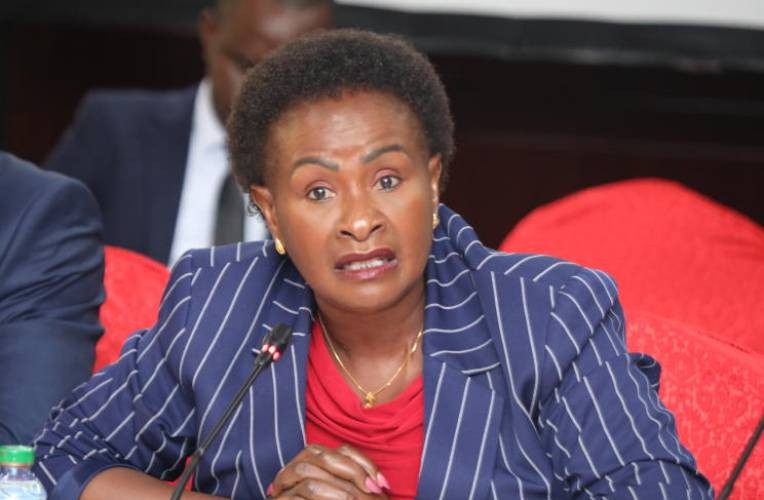×
The Standard e-Paper
Home To Bold Columnists

Machakos County will spend huge resources to finance Health, Agriculture and Infrastructure programs in the 2023/24 financial year.
Governor Wavinya Ndeti's administration will also spend money in Water programs, according to the budget statement tabled on Tuesday in the Machakos County Assembly by Finance executive, Onesmus Muia Kuyu.